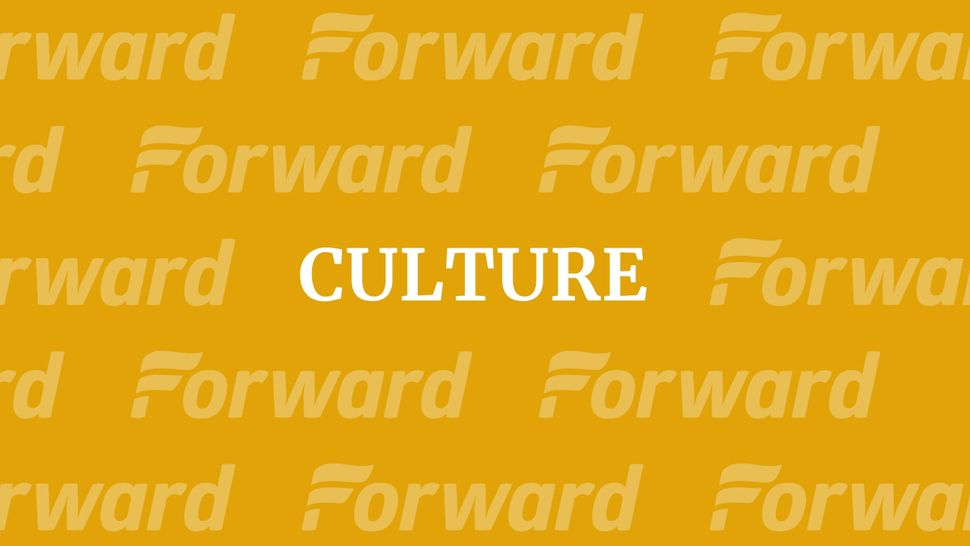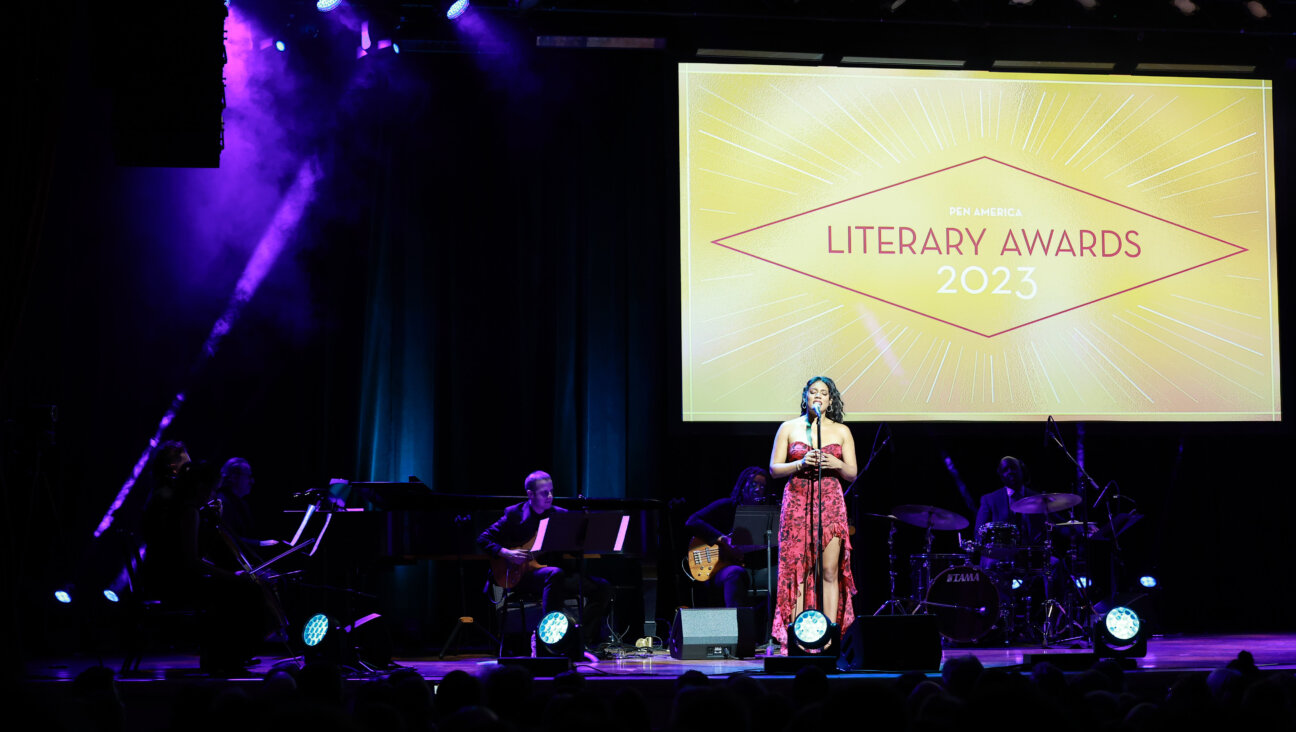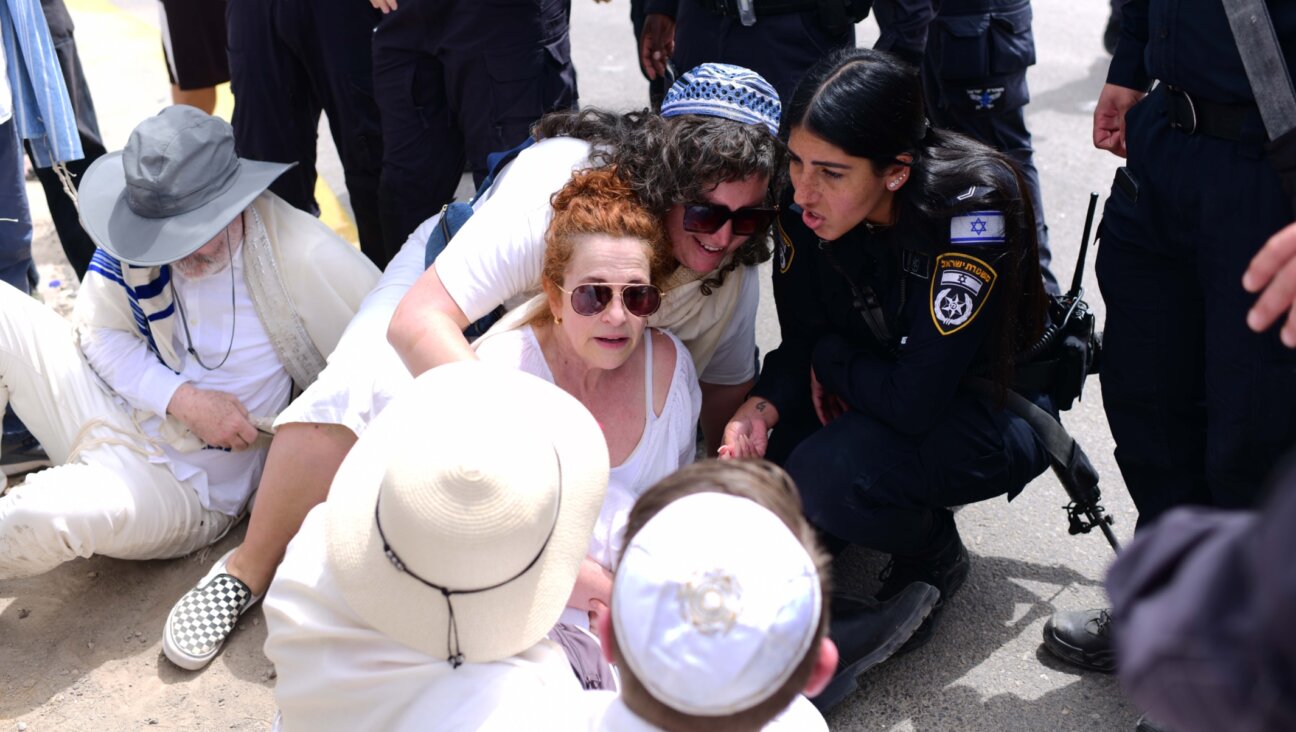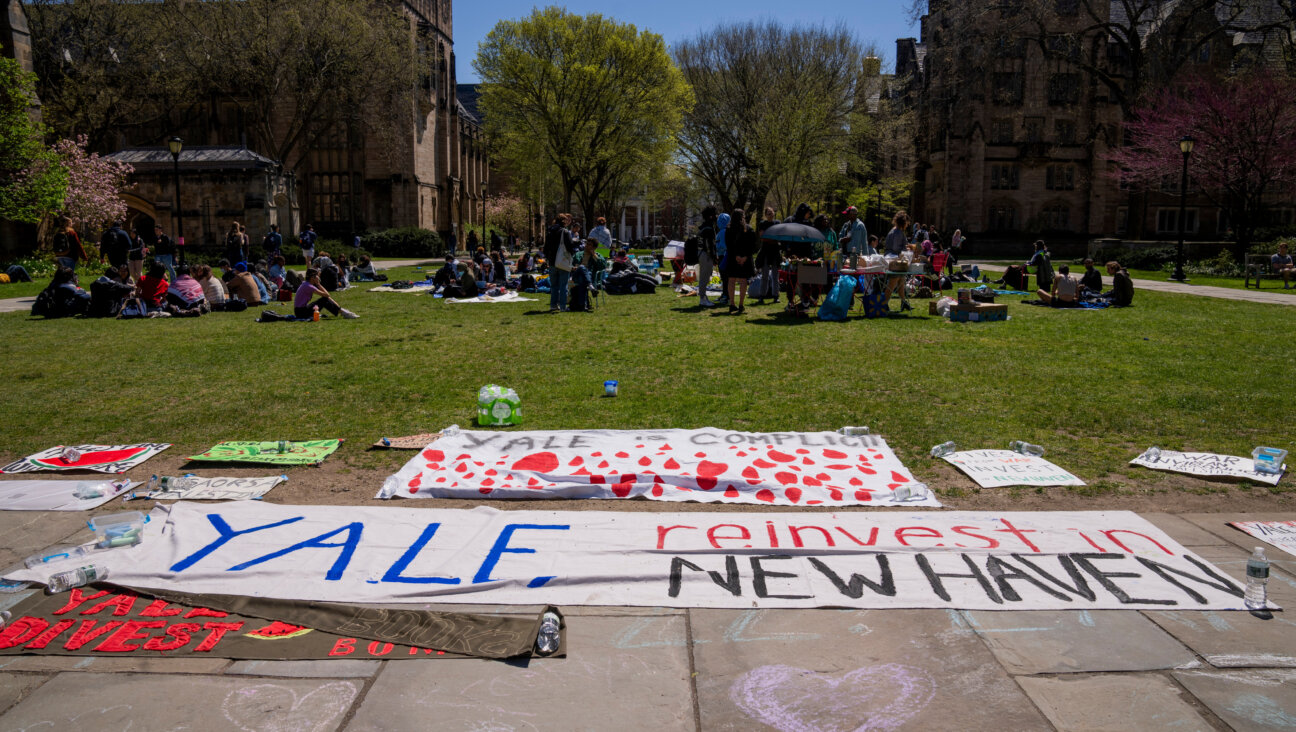The Most Beautiful Word in the World?

Aerial View: Could it be that Far Rockaway (pictured here) contains the loveliest words in the English language? Image by Wikimedia Commons
The Hebrew word ḥ eshbon, pronounced “khesh-BONE” (with the second vowel halfway between an “o” and an “aw”), can mean sum, arithmetic, bank account or bill, and is also found in a number of common Israeli idioms, such as l’havi b’ḥ eshbon, to take into account; la’asot ḥ eshbon, to make a reckoning or assessment; lo ba b’ḥ eshbon, “it’s out of the question,” and so on. Spelled H’èchbone, I recently learned from two articles in the press, one in the Hebrew newspaper Haaretz and one in the French Jewish weekly Actualité Juive, it’s also the name of a new Parisian clothing manufacturer with an unusual story.
The story starts with the friendship of two young Frenchmen from Sarcelles, a grim suburb of public housing projects north of Paris known for its heavily North African immigrant population and high crime rate. One of the two, Yohan Barouk, is Jewish, while the other, Souleymane Kamissoko, is Muslim. Both have a background in marketing, and not too long ago, they decided to start a company that would specialize in chic T-shirts and sweatshirts. What to call it? The answer came to them while on vacation in Israel. “We were getting the bill in a Tel Aviv restaurant,” Kamissoko told Actualité Juive, “when I was struck by the form and sound of the word ḥ eshbon.”
Kamissoko liked the word so much, indeed, that for a while, back in Sourcelles, he went around calling himself by it until he and Barouk decided to use it for their company. At the moment, according to the Parisian weekly, H’échbone is a small but growingly trendy niche firm marketing shirts and tunics with an ecumenical mixture of Hebrew and Arabic letters, symbols and words on them, including its Hebrew logo of ןובשח. Ironically, one of the celebrities fond of its products is the French soccer star Nicolas Anelka, who earlier this year, after scoring a goal, got in trouble for performing a quenelle, the allegedly anti-Semitic gesture popularized by the French comedian Dieudonné.
As a Hebrew speaker, I must say that falling love with the sound of ḥ eshbon is a bit hard to understand. Not that there’s anything wrong with it, but if you were to ask a hundred Israelis to make lists of their favorite Hebrew words, I doubt if it would appear on a single one of them. And yet it does have a certain pleasing balance: its guttural ḥ et and its sibilant shin, its labial bet and its nasal nun, its front “e”-vowel and its back “o”-vowel. It keeps the mouth moving easily from position to position. Perhaps that’s what Kamissoko liked about it.
In general, it’s often difficult to say what makes a given person think that a certain word is particularly euphonious. Euphony in fact may have little to do with it. The British Council once polled 40,000 foreign students of English on the English words they thought sounded “the most beautiful.” The top 10 winners were mother, passion, smile, love, eternity, fantastic, destiny, freedom, liberty and tranquility. All fine words, to be sure, but had the respondents not been reacting more to their meaning than to their sound, they could just as well have chosen bother, fashion, style, shove, paternity, elastic, destitute, boredom, levity, and triviality. Words often sound beautiful to us because they express things or ideas we consider beautiful.
“Ah,” you say, “but these were people whose English vocabulary was small and basic. They simply didn’t have that many words to choose from.” And indeed, there have been attempts to judge on the basis of musicality alone. The Bucknell University linguist Robert Beard, for example, in his “The 100 Most Beautiful Words in the English Language,” selects some words with generally negative connotations, such as beleaguer, lassitude, and woebegone, and others whose meaning hardly any of us know, like ailurophile (which means cat lover) and chatoyant (having a changeable luster), alongside murmorous, bungalow, diaphanous, penumbra, gossamer, epiphany, quintessential, ethereal, evanescent, etc.
Beard’s criteria are obvious. He likes three- and four-syllable words with varied vowel patterns and unclustered consonants that are soft like “l” and “m” rather than hard like “k” or “g.” These are legitimate preferences, but they rule out many common, monosyllabic English words that others of us might find attractive, such as cool, crisp, rain, sand, swift and the like. And of course, it’s possible to combine both types. For me, ever since I was a child, the most beautiful two words in the English Language have been Far Rockaway.
And the most beautiful Hebrew words? I wouldn’t want to go out on a limb and ḥ eshbon certainly wouldn’t be one of them. But who knows? Perhaps at the very moment that Souleymane Kamissoko heard it uttered in Tel Aviv, the sun was shining, a soft breeze was blowing from the sea, and a pretty girl just happened to walk by. At such a time, any word might sound good to you.
Questions for Philologos can be sent to [email protected]

I hope you appreciated this article. Before you go, I’d like to ask you to please support the Forward’s award-winning journalism this Passover.
In this age of misinformation, our work is needed like never before. We report on the news that matters most to American Jews, driven by truth, not ideology.
At a time when newsrooms are closing or cutting back, the Forward has removed its paywall. That means for the first time in our 126-year history, Forward journalism is free to everyone, everywhere. With an ongoing war, rising antisemitism, and a flood of disinformation that may affect the upcoming election, we believe that free and open access to Jewish journalism is imperative.
Readers like you make it all possible. Right now, we’re in the middle of our Passover Pledge Drive and we still need 300 people to step up and make a gift to sustain our trustworthy, independent journalism.
Make a gift of any size and become a Forward member today. You’ll support our mission to tell the American Jewish story fully and fairly.
— Rachel Fishman Feddersen, Publisher and CEO
Join our mission to tell the Jewish story fully and fairly.
Only 300 more gifts needed by April 30
























